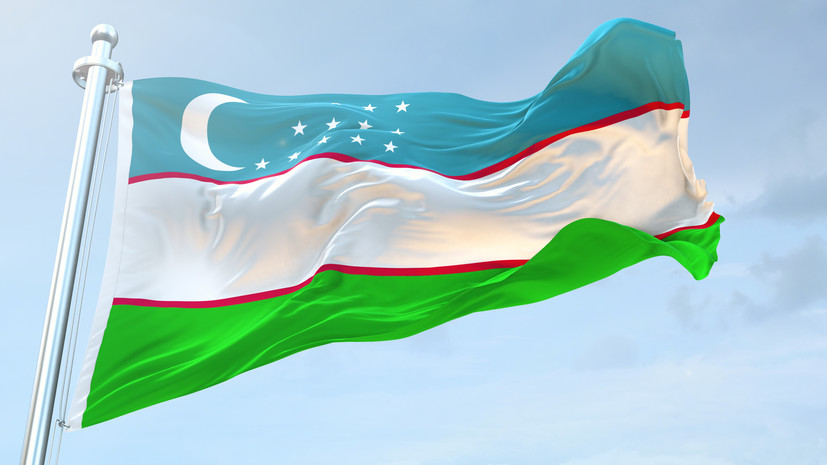"The project aims to support citizens in more effective interaction with local communities and authorities, in defending common interests and improving citizen participation in decision-making processes," the document says.
USAID expects that as a result of the initiative, Uzbekistan's civil society and the media will organize events of "public significance," as well as create journalistic content.
In addition, the project is expected to use information and communication technologies to engage the general public.
Another objective of the program is to "improve the regulatory environment conducive to the protection and expansion of 'independent civil society and media,'" the document says.
According to Dmitry Drobnitsky, a political scientist specializing in Americanism, USAID regularly comes up with similar "democratic" projects in different countries. They are attempts by the United States to influence what is happening within states.
"USAID is not the only part of 'bringing democracy to the masses.' Usually, at a later stage, people with serious money and a more radical agenda, who are ready to break countries under global leadership, get involved. Ukraine is a great example. There, too, it started with USAID grants. This is conducting public reconnaissance and identifying those with whom you can continue to communicate," the analyst added in an interview with RT.
Previously, the U.S. State Department intended to fund a program to "combat Russian disinformation" in some countries in Europe and Central Asia, including Uzbekistan.

